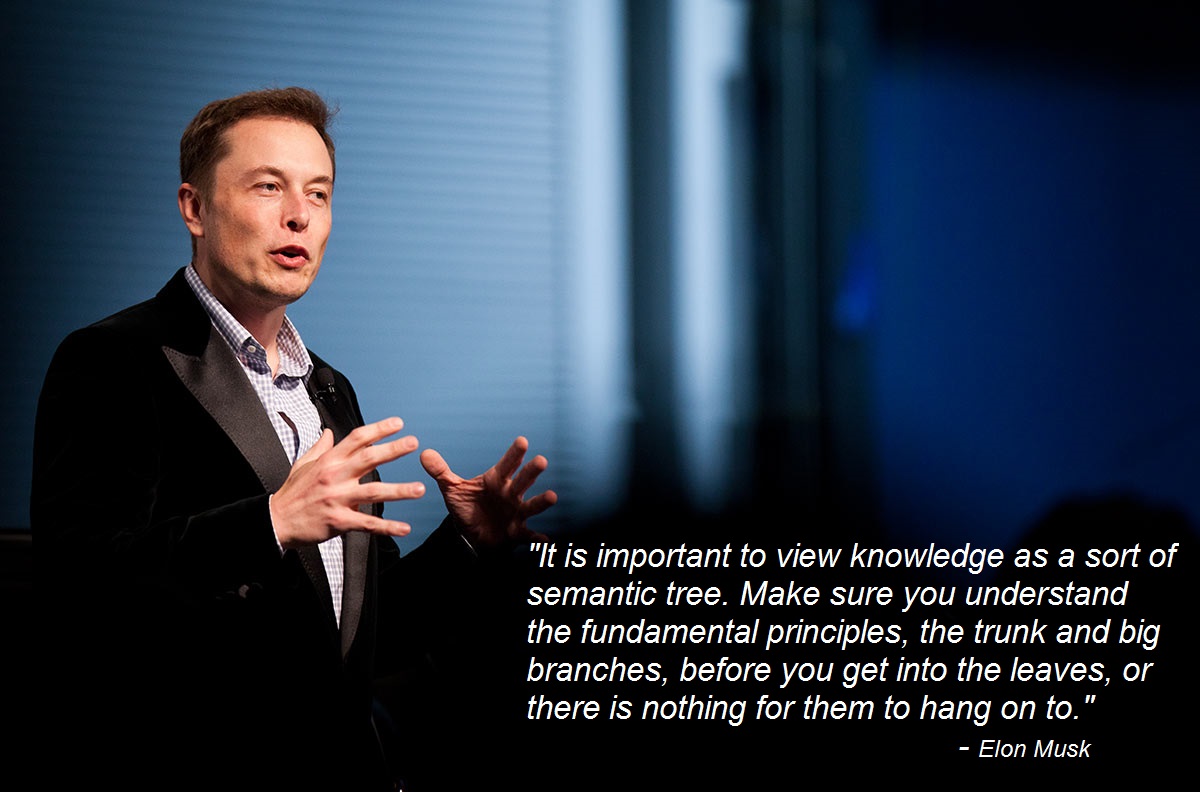Update
The response to this post has been powerful, and we've had many requests for tools to help. I've created a free site which helps with calculating early retirement in a variety of different places around the world: [nomad saver](http://nomadsaver.com "target="_blank)
This is the second instalment in a three part series. I'd argue it is the most important. Here are the sections, with links to navigate around:
[Part 1: Why](GHOST_URL/how-to-escape-the-rat-race-a-zero-bs-guide-part-1/ "target="_blank)
Part 2: How [This post]
[Part 3: What](GHOST_URL/how-to-escape-the-rat-race-a-zero-bs-guide-part-3/ "target="_blank)
Posts are best read in order, but if you want the quick fix go to part 3. This part is about why quick fixes don't work.
Part 2: How to go about Escaping the Rat Race

Now that we understand what the rat race is, how do we approach the problem of escaping it? If achieving financial independence young was easy, then well...you get the idea.
We need to address four key areas:
- Mindset
- Goals and Success
- Habits
- Skills
Mindset
It is of central importance to strive towards agency, towards understanding why you do what you do:
Among the privileged, especially the privileged young, you see people who have been raised to be approval-seeking machines. They may be active, busy, and sleepless, but inside they often feel passive and not in control. Their lives are directed by other people's expectations, external criteria, and definitions of success that don't actually fit them. Agency is not automatic. It has to be given birth to, with pushing and effort. It's not just the confidence and drive to act. It's having engraved inner criteria to guide action
from The Road to Character, by David Brooks
Recognise that you can manage your mental state, the stories you tell yourself, the way your frame the events in your life, and how much you focus on the moment. In short, you can choose who you are. This is an ongoing process which is simple to explain but difficult to act on. A great book on this crucial topic is Gorilla Mindset by Mike Cernovich.
Mindset is also famously explained in the book Mindset by Carol Dweck. The quick summary is: People who have growth mindsets rather than fixed mindsets (e.g. "I am bad with money" as opposed to "I should learn more about money") do way better in life.
Your mindset is itself a habit, almost certainly the most important one. Some of the key mindset shifts required to maximize your escape velocity are:
- Learn to not fear failure. Ship early, ship often.
- Learn to not view life as a competition with your peers, rather with yourself. Cultivate a collaborative mindset.
- Find the interesting things in the mundane. I love reading "Hello" magazine because it tells you so much about society.
- Cultivate your grit. You do this by starting easy and steadily increasing the complexity of projects you tackle, and by always finishing what you start.
- Cultivate your gratitude. So many things about life in the 21st Century are just fucking amazing (just think about how you're reading this). Remind yourself of this from time to time.
Your mindset will determine how you react to setbacks. One of the most respected investors of all time, Charlie Munger, had this to say about mindset:
Another thing of course is life will have terrible blows, horrible blows, unfair blows, doesn’t matter. And some people recover and others don’t. And there I think the attitude of Epictetus is the best. He thought that every mischance in life was an opportunity to behave well, every mischance in life was an opportunity to learn something, and your duty was not to be submerged in self-pity but to utilize the terrible blow in a constructive fashion. That is a very good idea.
We'll come back to habits and why they matter shortly.
Goals and Success
Once your mindset is in the right place to take on challenges, it is vital that you take the time to define what your idea of success is. Sounds like a load of mumbo-jumbo, right?

"Wrong."
Without a vision of where you want to go, you strangle the ability to plan and create incremental steps towards your goal. For example, if you just decide that you want to be "free", then how do you go about planning a budget? Alternatively, if you decide you want to be able to afford to retire by 35 so you can raise kids in Boulder, Colorado, then you can work backwards and [do the Math](http://nomadsaver.com "target="_blank).
Action is crucial. Taking action leads to you acquiring more data, which allows you to course correct, update your goals and learn. But analysis-paralysis is a real threat. Having defined goals makes overcoming this threat far easier.
It isn't normal to know what we want. It is a rare and difficult psychological achievement
-Abraham Maslow
Habits
Habits and routine are the foundation of productivity. In order to cultivate the mindset described above, and the skills described below, you must form supportive habits. Your goals should not only be [SMART](https://en.wikipedia.org/wiki/SMART_criteria "target="_blank) , but also have an associated habit. For example, if you wish to save money by taking a packed lunch to work, form the habit of preparing the lunch the evening before. Habits take about two months to become ingrained. Get used to creating them: it's like reprogramming yourself.
Skills
Your competition is not other people but the time you kill, the ill will you create, the knowledge you neglect to learn, the connections you fail to build, the health you sacrifice along the path, your inability to generate ideas, the people around you who don't support and love your efforts, and whatever god you curse for your bad luck.
-James Altucher
Your chances of successfully (and more rapidly) executing the methods outlined in part three will be greatly bolstered by investing time into the following "macro" skills:
i) Learning how to learn (i.e. becoming an autodidact) and how you learn best.
Become aware of when you remember things you are learning, and when you don't. Study learning techniques such as the [Feynman Technique](https://www.scotthyoung.com/learnonsteroids/grab/TranscriptFeynman.pdf "target="_blank) and [deliberate practice](https://www.farnamstreetblog.com/2012/07/what-is-deliberate-practice/ "target="_blank) . Push yourself to learn new things frequently, and to complete mini-projects. Show smart people your work and ask them what they think. Repeat. If you can crack this one, everything else gets easier.

ii) Learning Deep Work
In his excellent book Deep Work: Rules for Focused Success in a Distracted World, Cal Newport explains how to focus on cognitively demanding tasks in a world that is constantly trying to distract you. Acquiring (or rekindling) the ability to focus on complex tasks will make planning activities in the rat-race escape strategies far more effective. In an unexpected twist, it may also make you a better leader, as this [thought-provoking essay](https://theamericanscholar.org/solitude-and-leadership/# "target="_blank) on the importance of solitude for original thinking.
The Illiterate of the 21st Century will not be those who cannot read and write, but those who cannot learn, unlearn, and relearn
-Alwin Toffler
iii) Listening to your body
This is critical. Take it upon yourself to learn the fundamentals of exercise and nutrition. A sick, overweight, unfit body is likely to have a mind that mirrors it. Particularly for extreme savers, knowledge of cooking is a must. Another much neglected area is learning about [sleep and your body clock](GHOST_URL/how-efficient-are-your-sleeping-habits/ "target="_blank). Basically, not getting enough sleep lowers your performance in almost every way. For those pursuing startups or side-businesses, the ability to listen to your body when you are approaching burnout is a key skill.
iv) Networking
People who are good with people tend to do better in life. In our context, that means they are likely to get out of the rat race faster. You can learn to be better at everything to do with networking: small-talk, telling anecdotes, giving presentations, negotiating, selling. You just have to apply yourself. For the natural introverts, this one is always the hardest, but you limit yourself by neglecting it - the world is not a meritocracy.
v) Personal finance
Compound interest is a powerful force, one which can get you out of the rat race. You need to understand it. A few hours spent educating yourself about personal finance could shave decades off your (undesired) working life. Personal finance is not hard, but it is also not taught in school. [If you need a place to start we've written books to help you out.](GHOST_URL/products/ "target="_blank)
Do you see now why I have structured this series in this order? If you try and execute the strategies in part three without the right mindset, goals, ability to form habits and understanding of core skills, you will probably just give up. However, armed with the right foundation, you have a strong chance.
[Continue to Part 3.](GHOST_URL/p/ef210c04-916c-4720-a2a7-503e63755398/ "target="_blank)